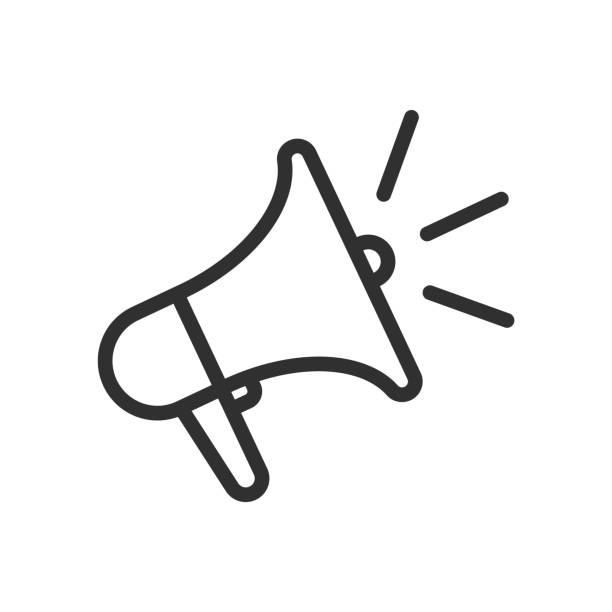Call for PhD and Master’s by Research Programme Applications: January 2026 intake
Please apply from 1 June to 31 July 2025 by clicking here.
If you are interested to apply for NTU Research Scholarship, please indicate your interest in your application for admission.

Book a 1-on-1 consultation with our Graduate Team, starting in
November, to receive personalised advice, insights on the admissions
process, and answers to all your queries!
Don’t miss this opportunity – reserve your spot now by clicking here
Research students have the opportunity to present their research work at regional and global conferences. In addition, they get the opportunity to collaborate with faculty on numerous publications in top academic journals.
Communication Studies: Health communication and information, marketing communication and public relations, media arts and cultural studies, computer-mediated communication, journalism, international/intercultural communication, communication law and policy, political communication.
Admission Requirements
The minimum requirements for admission for the Master’s by research programmes are:
- Bachelor's degree with Honours (Distinction) and CGPA of 4.25/5.00 and above
- Ability to pursue research in the proposed field of advanced study
- English language competency*
*For degree not awarded by an English-medium university or is awarded by an English-medium university but the language of instruction was not English, you must meet the English Language Proficiency Requirement (ELPR) of having at least an IELTS (academic) score of 7.0 (min sub-score of 6.5). The score must be obtained within the last 2 years at point of application. TOEFL is not accepted in place of IELTS.
GRE Requirement
The proposal should contain the following:
- Statement of research question
- Significance of research question
- Literature review
- Methods
- References list
There will be an application fee of $54.00 for research programmes.
Programme Structure & Duration
- 3 courses to be taken from graduate programmes offered by the School, other Schools in NTU or NIE
- 3 Courses to be fulfilled by the 12th month of candidature.
- Students must attain a minimum TGPA and CGPA of 3.00 in any term of study
- Students must attain at least a GPA of 2.50 for any course
- HWG703 Graduate English (unless exempted)
- Masters students are expected to pass qualifying exam (QE) at the end of 12th month of their candidature
- The qualifying exam comprises of submitting a confirmation report and giving a formal presentation to the review panel. The presentation is subject to a Q&A from the panel
- The panel will evaluate the student’s progress, research work, and recommend his confirmation of candidature
- Masters students are required to submit the final thesis by the end of 2nd year from the start of candidature
For more information on Grade Point Average (GPA), please click here.
Full-Time Candidature | Part-Time Candidature | ||
Minimum | Maximum | Minimum | Maximum |
2 semesters | 6 semesters | 2 semesters | 6 semesters |
(Note: 1 academic year is equivalent to 2 semesters.) | |||
Curriculum
- Communication Law & Policy
- International/Intercultural Communication
- Health Communications Theory and Foundations
- Visual Communication
- Communication Technology
- Critical & Cultural Studies
- Marketing Communication & PR
- Political Communication & Public Opinion
- Journalism
- Interpersonal Communication & Social Psychology
CI7103 Mind and Media
Advanced survey of socio-psychological consequences of human interaction with media and computers. Key themes are 1) how mind has evolved to interact with media and computers in certain ways, 2) how media form and content influence mind, 3) how mind socially responds to computers, 4) how media and computers create sense of “being there” and/or “being together with someone,” and 5) how properties (e.g., emotion, arousal, attention, memory, attitude) of human cognition and affection are affected by the form, content, and use of media and computers. Although all perspectives are encouraged, the primary focus will be on behavioral and social psychological approaches to mind and media.
- Theme 1 – Analytical and statistical fundamentals: This theme involves class discussions, activities, and assignments about several common statistical analyses.
- Theme 2 – Conducting structural equation modeling: This theme introduces key concepts and the process of conducting structural equation modeling.
- Theme 3 – Special topics: This theme focuses on special uses of structural equation modeling, which researchers can use to answer many different research questions.
CI7108 Media Influence and Persuasion
This course provides an introduction to classic and influential theories and research on media influence and persuasion. The readings and class meetings will be guided by the major theoretical approaches to understanding how and why media messages have intended and unintended effects on individuals and society across a variety of contexts (e.g., media violence, health, political, entertainment media, news media, etc.). Within the context of these theories, students will review empirical applications of the theories and develop skills in operationalizing theoretical concepts for empirical testing.
Specific objectives of the course include classic media effects theories such as Social Cognitive Theory, Cultivation Theory, Agenda-Setting, Elaboration Likelihood Model and Social Judgement Theory. It will also cover key concepts in persuasion research such as Attention, Selection, Perception, Priming, Desensitization, Framing, Emotions and Resistance.
CI7109 Advertising Theory & Consumer Psychology
This course introduces students to the essential theories and research on media influence and persuasion and equip students with skills needed to test those theories in empirical studies.
After reviewing the philosophical and structural foundations for theory construction with specific models and topics, with focus on the concepts, theoretical issues, theoretical soundness, and methodological choices made by the authors of the articles used in class, each student is expected to develop a research paper/proposal by the end of the semester.
The paper/proposal should consist of a literature review, hypotheses and/or research questions, and methods. The goal is for each student to have the experience of writing a critical review of the literature and develop a new model/theory of their own.
Additional Information
Academic Integrity
- The use of words, images, diagrams, graphs, or ideas derived from books, journals, magazines, visual media, and the internet without proper acknowledgement
- Copying of work from the internet or any other sources and presenting as one’s own; and
- Submitting identical work for different courses or to different journals and publications.
In view of the University’s implementation of the academic integrity policy and code of conduct, publications of research done at NTU, including written assignments, theses and dissertations, must adhere to responsible reporting practices. For more information, please refer to the Research Integrity website.
Course Fees
Tuition fee is waived for students who are full-time and under scholarship. Fees are only applicable to students who are self-financed. Information on fees can be viewed here.
Graduation Requirements
Students must successfully complete 9 Academic Units (AUs) or 3 courses as part of the coursework requirements for graduation. A minimum CGPA of 3.00 & above for the coursework component.
Grade Point Average Requirements
The university adopts a Grade Point Average (GPA) system of calculating the overall academic performance of a student in a particular semester and for the whole programme. Letter grades obtained for courses are assigned grade points of 0 to 5.0.
Letter Grade | Grade Point |
A+ | 5.00 |
A | 5.00 |
A- | 4.50 |
B+ | 4.00 |
B | 3.50 |
B- | 3.00 |
C+ | 2.50 |
C | 2.00 |
D+ | 1.50 |
D | 1.00 |
F | 0.00 |
For students who wish to convocate during the year, they must adhere to deadlines for fulfilling all requirements and passing of oral exam. The deadline is usually around May of the year, in order for them to be convocated in July-August.
Research Programme | Academic Warning | Termination of Financial Aid and/or Candidature |
MA |
OR
|
|


